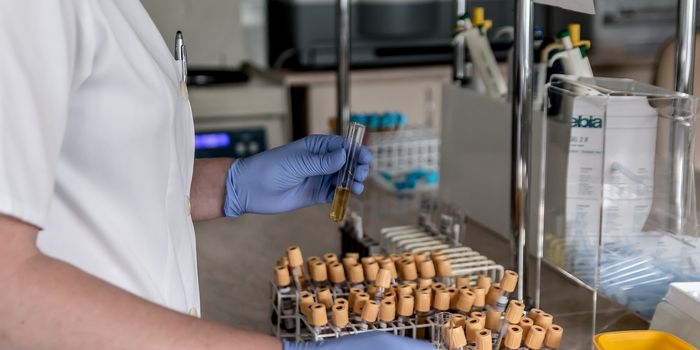A Hot Approach to CAR T Cells
Immunotherapy, a type of treatment that targets a patient’s immune system to enhance the natural ability to attack cancer cells, has emerged as a successful strategy to treat advanced cancers. Chimeric antigen receptor (or CAR) T cell therapy is a promising immunotherapeutic approach that modifies and expands a patient’s T cells, the immune cells responsible for killing cancer cells.
CAR T cells are generated by isolating T cells from a patient’s blood and genetically engineering them to express receptors called chimeric antigen receptors (CAR). The cells then undergo massive expansion in a laboratory before being infused back to the patient. When the regimen is successful, the newly generated specialized T cells recognize a specific protein, known as an antigen, on tumor cells. The antigen recognition initiates an anti-tumor immune which can ultimately destroy tumor cells.
CAR T cell therapy has garnered success in some types of “liquid cancers,” which primarily affect the blood and bone marrow. However, “solid tumors” are often more challenging to treat due to immunosuppression caused by the tumor microenvironment.
A recent pre-clinical study published in Nature Biomedical Engineering suggests that heat may play a crucial role in improving the efficacy of CAR T cell therapy for solid tumors.
The researchers modified the CAR T cells to control various functions with a genetic thermal switch. The T cells were also genetically upgraded to produce proteins that enhance the anti-tumor immune response. The specially engineered CAR T cells contained a potent cytokine, IL-15 superagonist, which activates immune cells crucial for anti-tumor responses. The CAR T cells were also modified to express bispecific T cell engagers (BiTEs), which target a molecule found on tumor cells.
The thermal switch can control the powerful functions driven by both the cytokines and the BiTEs. Therefore, the cancer-killing functionality of the cells is turned on only when exposed to mild heat (104-107.6°F).
The research team also tested the modified CAR T cells in pre-clinical mouse tumor models. Gold nanorods were injected into the mice. The researchers then pointed a laser at the tumors and the nanorods generated heat from the light waves.
The heat produced caused a slight temperature elevation in the tumor while maintaining normal temperature elsewhere. The result was activation of only the T cells in the direct vicinity of the tumor. Notably, despite the modifications, the T cells exhibited highly effective anti-tumor immunity.
Mice treated with heat-activated IL-15 modified CAR T cells exhibited significantly improved tumor control and extended survival. The tumors shrunk in all the mice treated with the heat-controlled BiTE modified CAR T cells. While some tumors relapsed and began to grow, the CAR T cells eliminated 50% of the tumors, indicating a complete response.
These findings suggest that this therapeutic strategy can prevent the recurrence of a tumor following successful treatment. The direct targeting of tumor cells could potentially reduce the toxicities associated with CAR T cell therapy.
Sources: Immunotherapy, Chimeric antigen receptor (or CAR), CAR T cells, tumor microenvironment, Nature Biomedical Engineering, BiTEs









